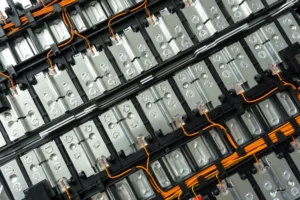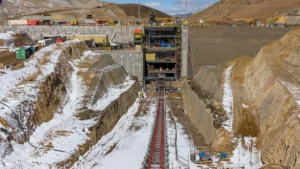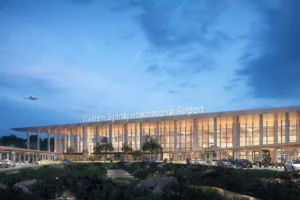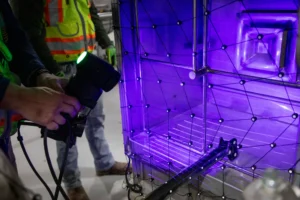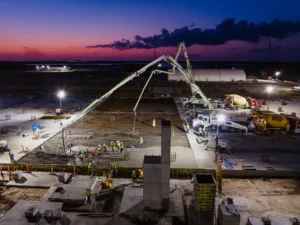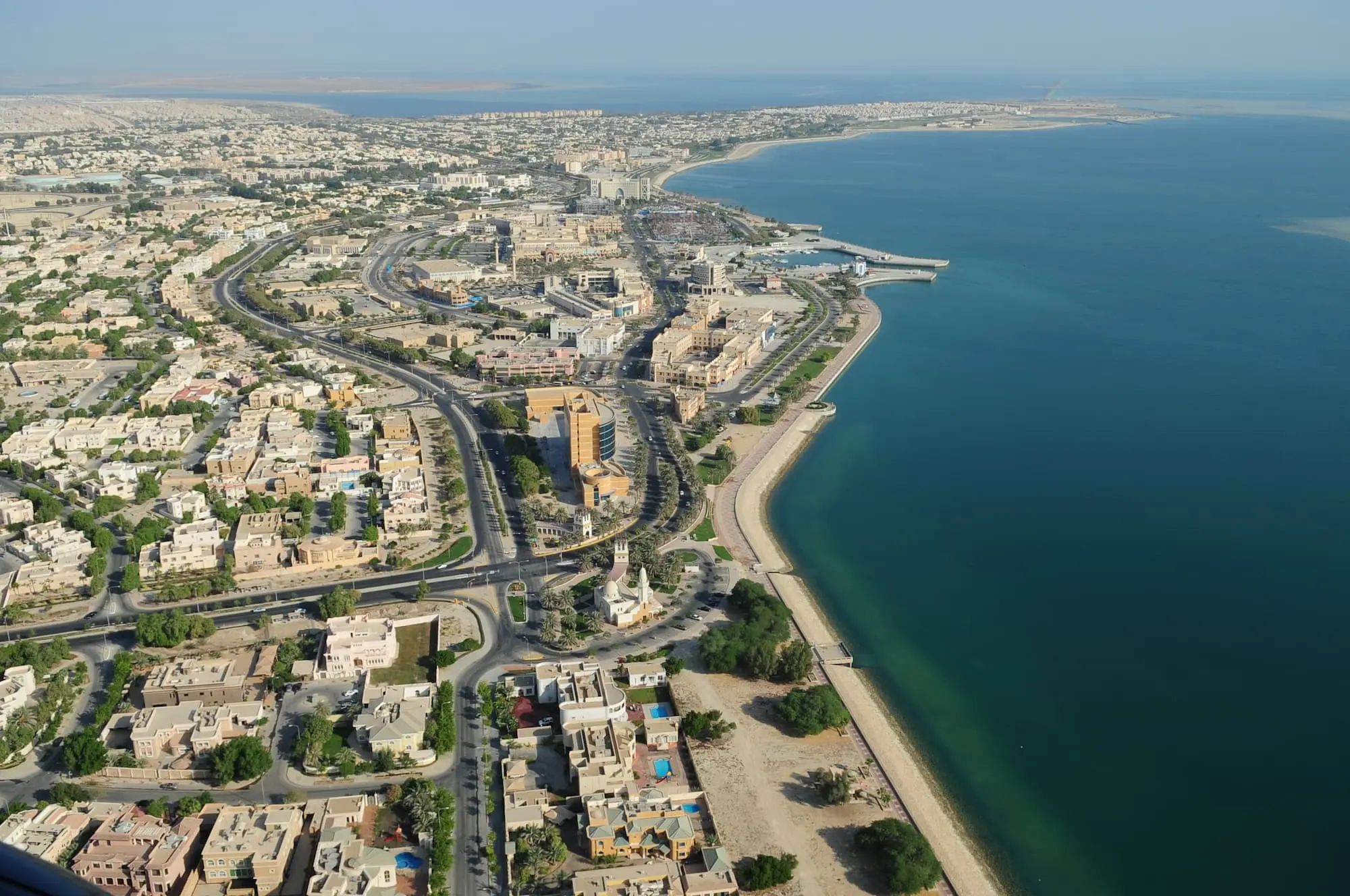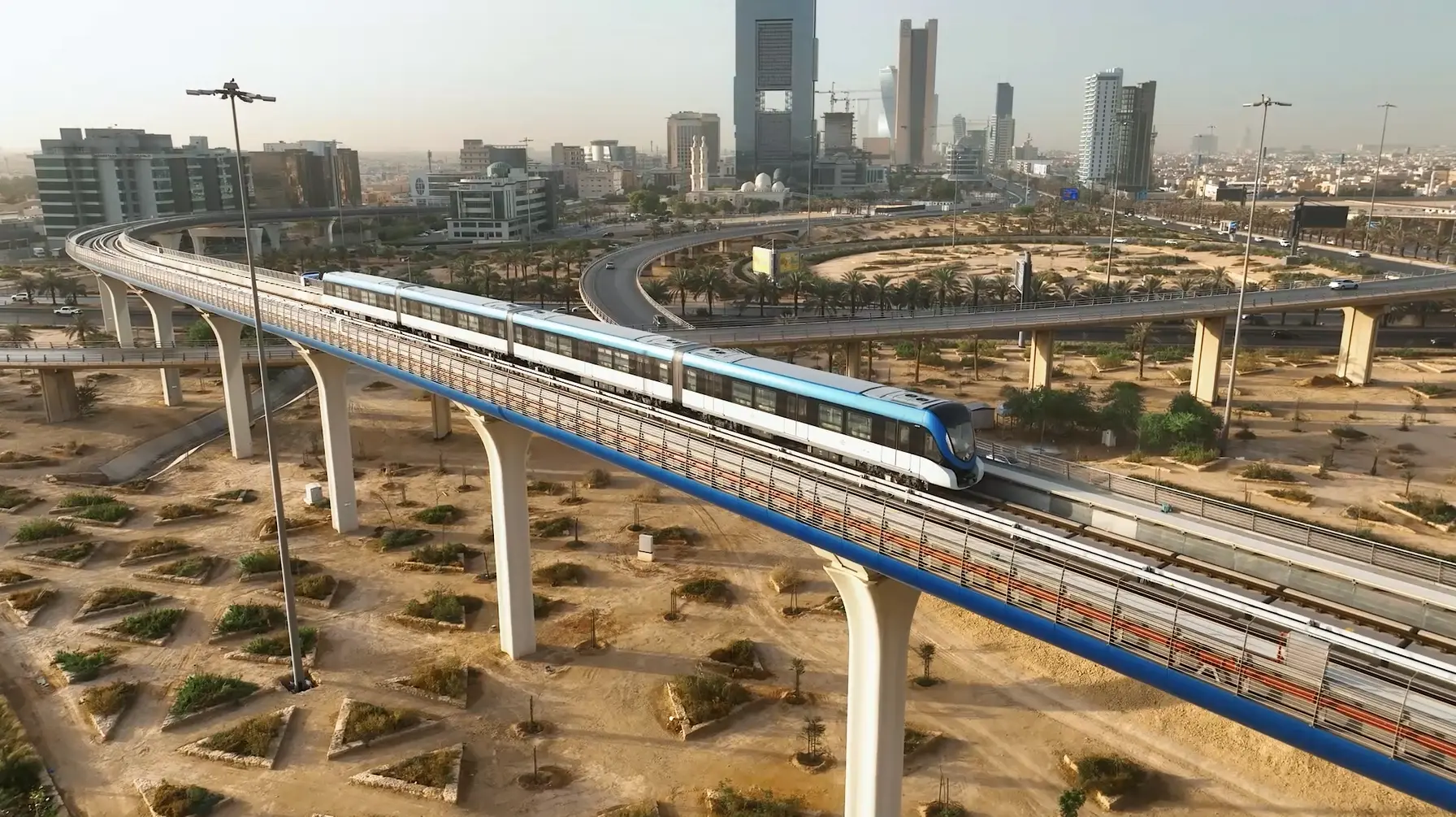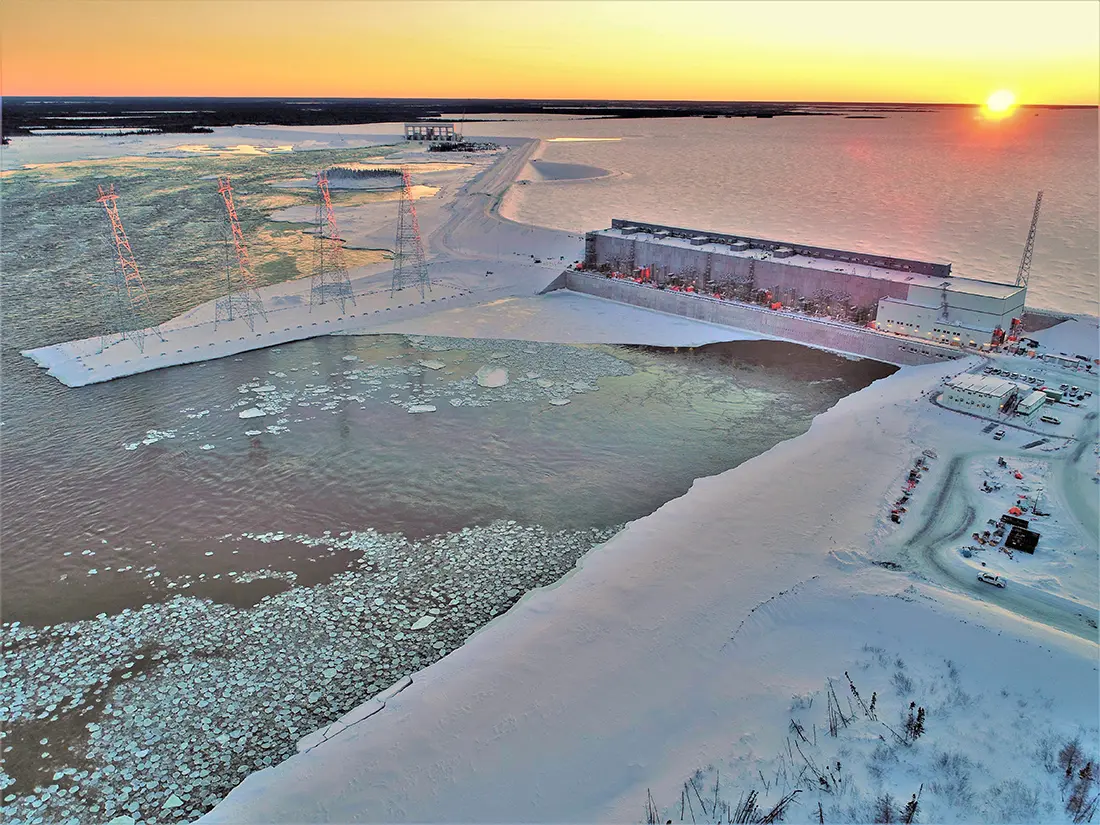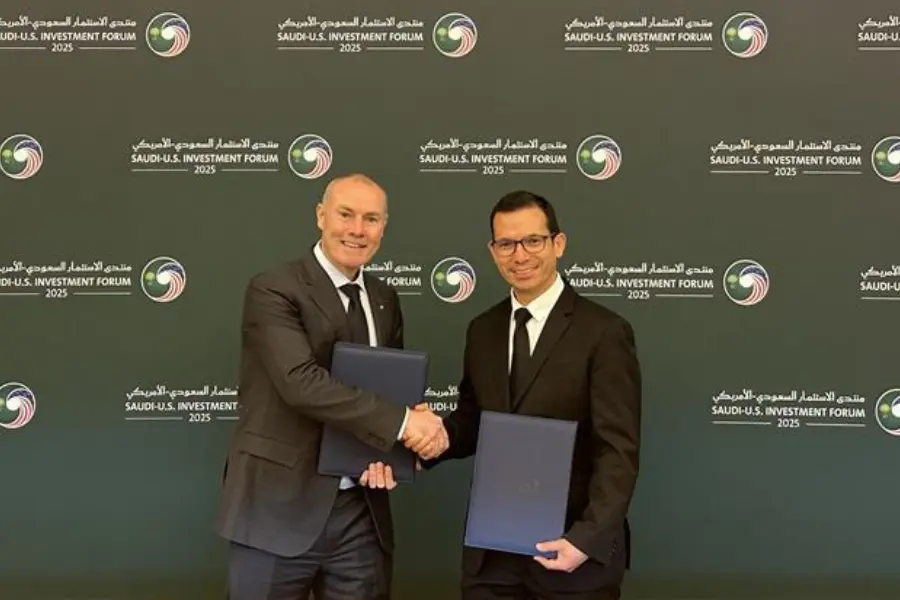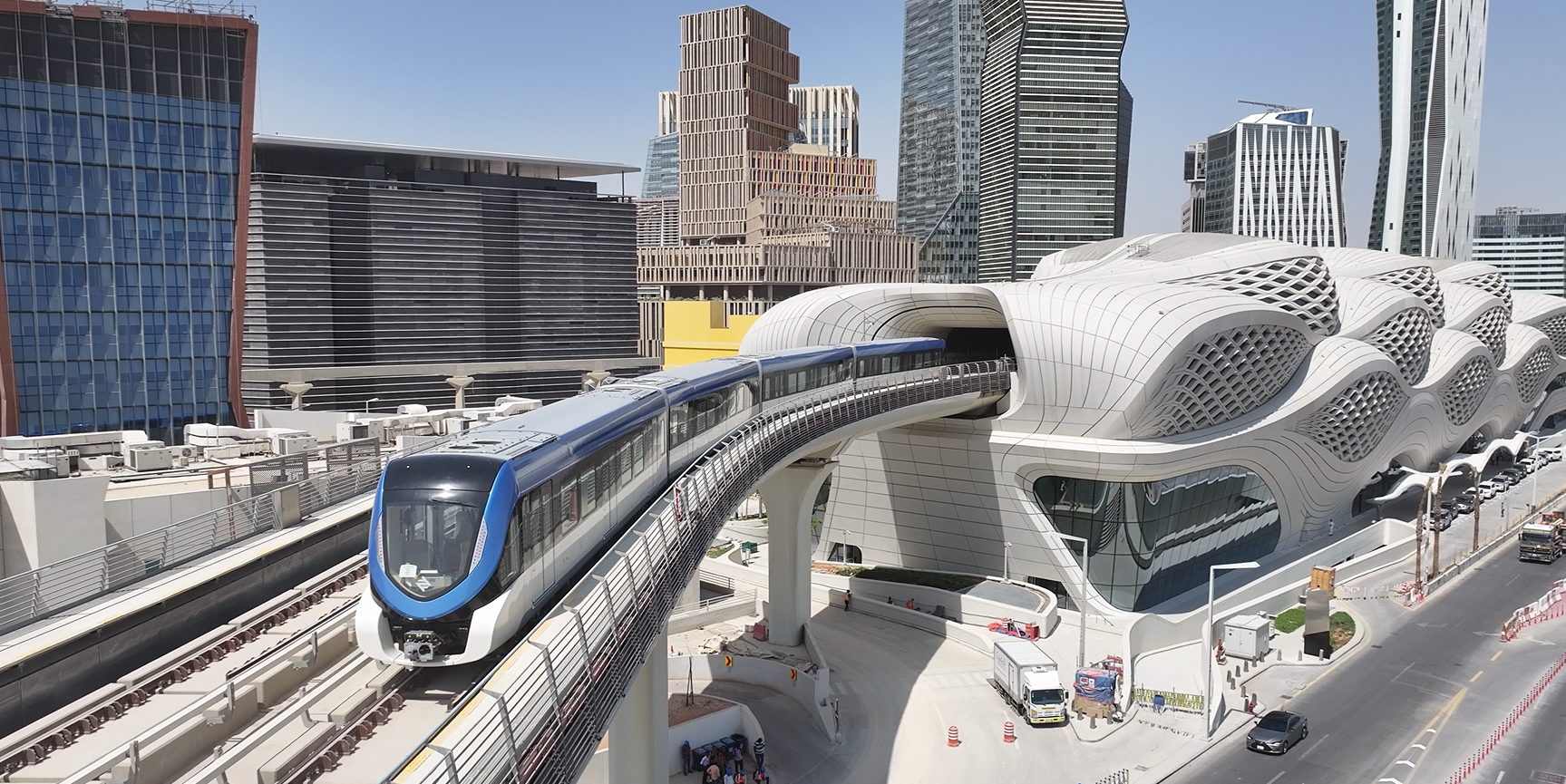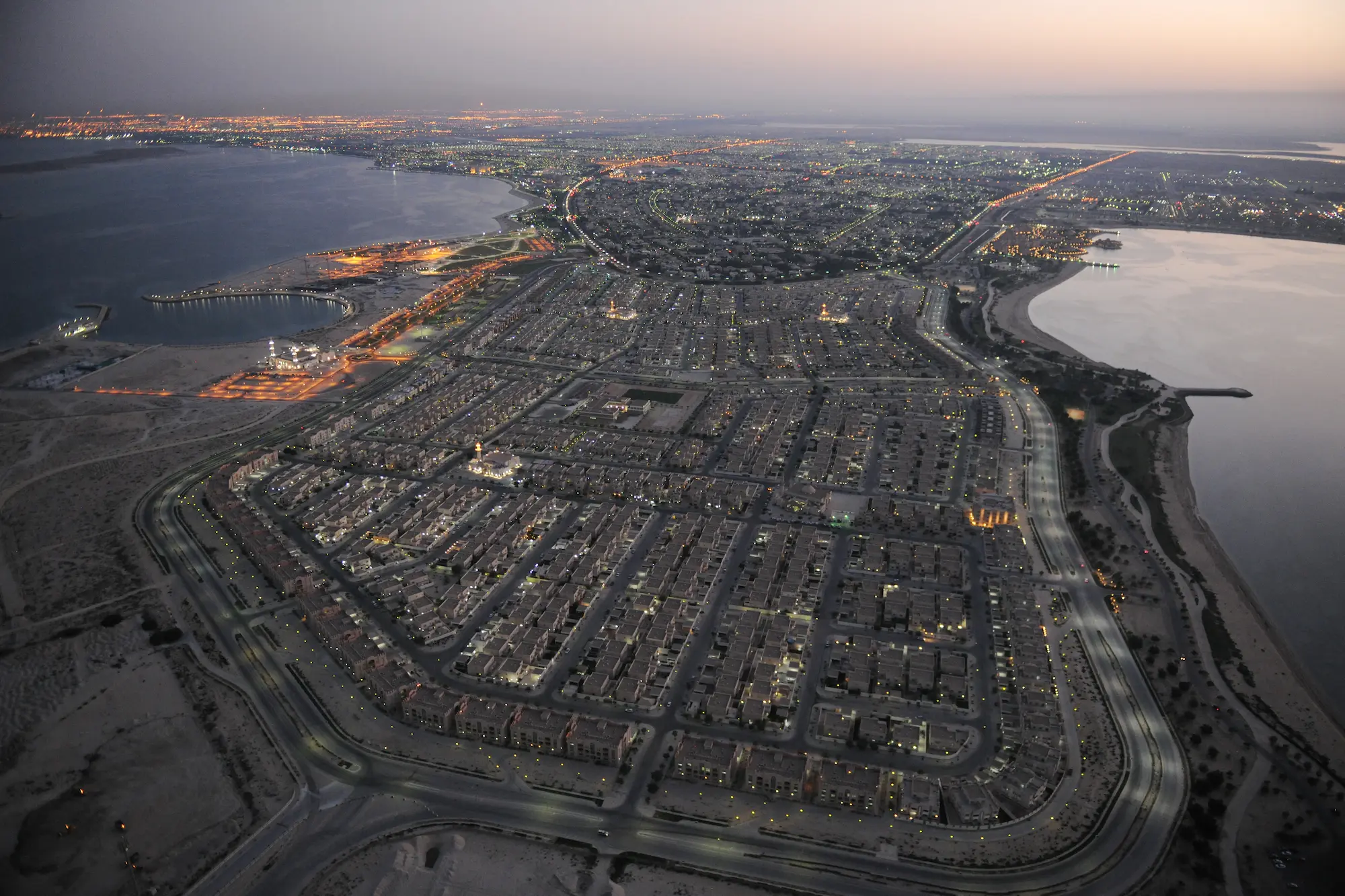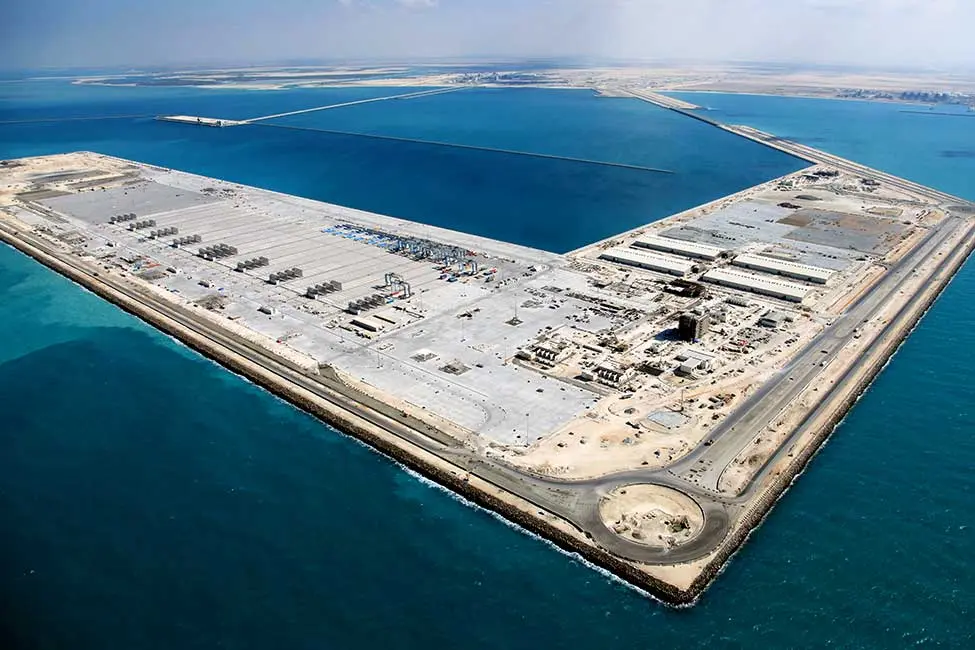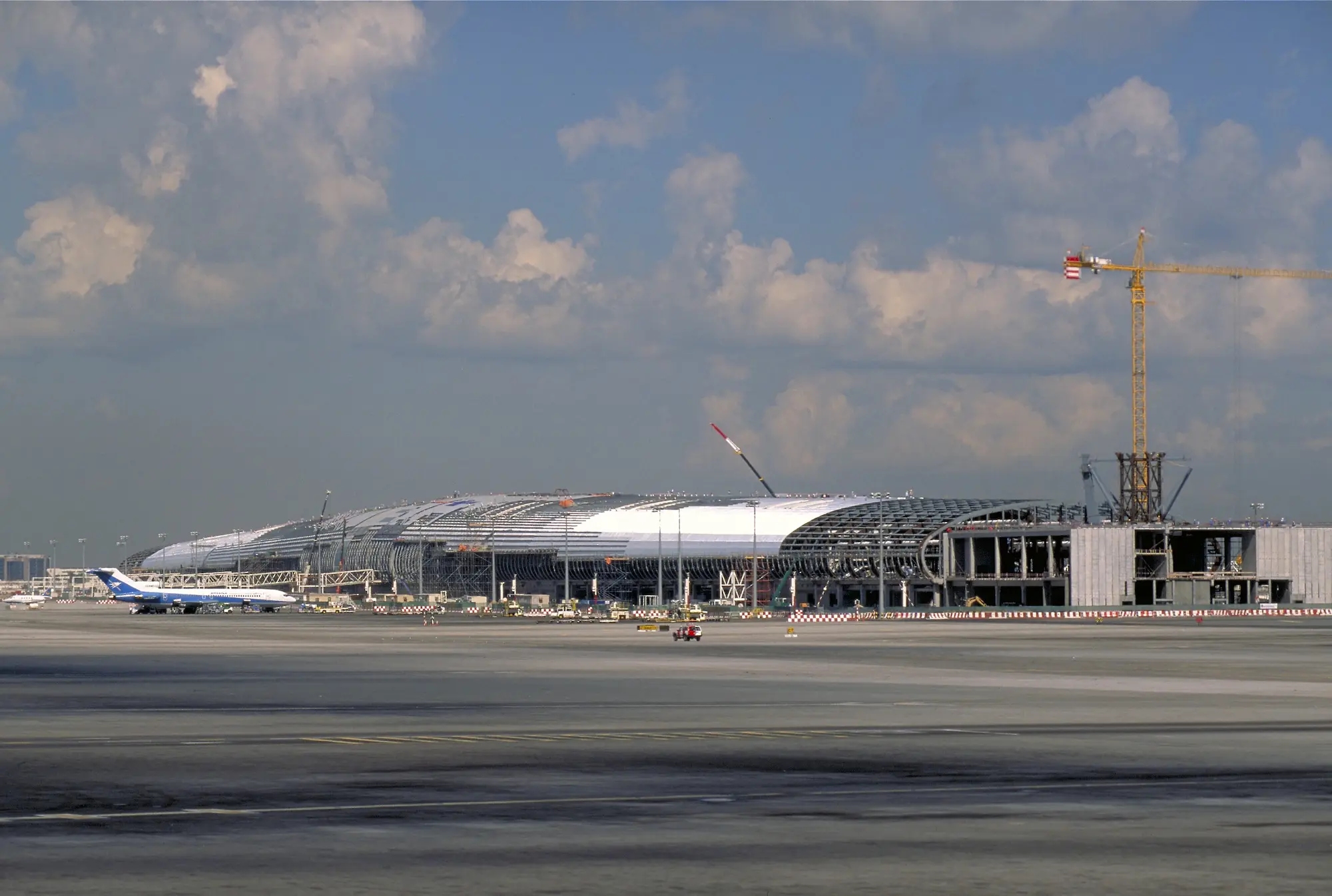-
Jake Mumm
General Manager Public Infrastructure
This week, 1,500 government officials, business leaders, and policymakers from around the globe have convened in Jubail for UNESCO’s 6th International Conference on Learning Cities. Beyond being the largest industrial city on Earth, Jubail has all the infrastructure and amenities a city needs to host a world-class event: public transit systems, highways and expressways, luxury hotels, restaurants, hospitals, universities, and a brand-new, state-of-the-art auditorium for attendees to gather.
What’s remarkable, however, is that 50 years ago this sprawling metropolis—which accounts for 7 percent of Saudi Arabia’s GDP—was little more than a deserted stretch of coastline on the Arabian Gulf, once the site of an ancient fishing village. Its infrastructure wasn’t simply small or outdated; it was virtually nonexistent.
Yet, in a span of five decades, Jubail grew into a petrochemical powerhouse, complete with factories, refineries, industrial complexes, and, not least of all, a thriving residential area with all the trappings of a modern city. But unlike the boomtowns that spring up near the discovery of a precious resource, Jubail’s trajectory wasn’t accidental. It was something far more ambitious: a meticulously planned city forged through one of the most fruitful government-and-private-sector partnerships of the 20th century and beyond.
Despite its unique origins, as attendees will see this week, cities all over the world can glean insights from Jubail’s innovative history of collaboration, incredible growth—and even more promising future.
A New Kind of Company Town
The foundation for Jubail was laid early, during a pivotal encounter in 1944. Saudi Arabia’s Prince Faisal bin Abdul Aziz traveled to San Francisco to meet former Bechtel CEO Stephen Bechtel Sr. at the shipyard, where Bechtel was helping to support America’s war effort during World War II. The prince, impressed with what he saw, hired Bechtel to work on several key infrastructure projects in Saudi Arabia.
From the beginning, it was a partnership that married Saudi Arabia’s bold ideas with Bechtel’s ability to bring them to life. After close to three decades of successfully working together on high-profile projects ranging from the Trans-Arabian Pipeline to several key airports, the Kingdom set its sights on something unprecedented: diversifying Saudi Arabia’s oil-heavy economy by building an industrial city in Jubail from the ground up. Bechtel was brought on to manage what became the most ambitious civil engineering project of the modern era.
Together, Bechtel and the Royal Commission for Jubail and Yanbu formed a fully integrated team to manage the engineering, procurement, and construction of Jubail. In addition to constructing factories and refineries, the team built foundational infrastructure—telecommunications systems, power plants, and highways—from scratch. By 1987, The New York Times quoted an American executive who, struggling to describe the effort, said, “Perhaps something in the ancient world rivals it.”
A City Built for the Future
Had the story ended there, Jubail might not be the clean, highly livable, and prosperous city it is today. But the Royal Commission didn’t stop at building a thriving industrial hub. They anticipated the demands of the future, recognizing that, to accommodate a growing population, the city would need to provide diverse opportunities in a shifting global economy—while also making Jubail a desirable place to live, work, and raise families.
To that end, the Commission invested in another extensive project with Bechtel in 2005 that doubled the size of the city, making it 687 square miles. Jubail II, as it’s called, added industrial complexes, medical centers, shopping malls, residential units, secondary schools, and universities. Most recently, Bechtel built Jubail University College—the site of the Learning Cities Conference—which offers technical and vocational training aimed at fostering talent for Jubail’s industries. So far, the region’s focus on education has paid off: in 2023, Yanbu and Jubail earned first and second place rankings, respectively, in achievement tests across the Kingdom.
Sustainable infrastructure has also become a major focus in Jubail. It is home to one of the world’s largest desalination plants, which supplies fresh water to Jubail’s residents and other cities, such as Riyadh, with an even larger plant currently under construction. As Saudi Arabia aims to reach its goal of net-zero emissions by 2050, the nation is also exploring carbon capture and storage facilities to offset emissions in industrial areas like Jubail.
Megaprojects that Meet the Moment
The challenges cities face today—rapid urbanization, climate change, resource scarcity, and shifting economic priorities—are unprecedented in scale and complexity. Solutions must rise to meet these challenges with the same level of ambition. In many ways, Jubail was ahead of its time, forging innovative partnerships to accelerate transformation and evolve with a changing world.
As the attendees at UNESCO Learning Cities Conference gather to discuss sustainability and urban resilience, Jubail’s story offers a powerful reminder: That visionary leadership, collaboration, and innovation are not just options—they are necessities. If cities are to thrive, they can’t be afraid of bold ideas that position them for a prosperous future. Jubail proves it can be done.
-
Jake Mumm
General Manager Public Infrastructure
